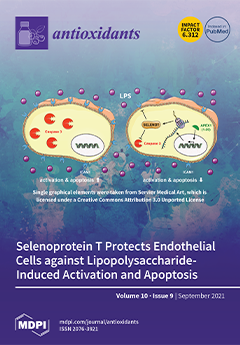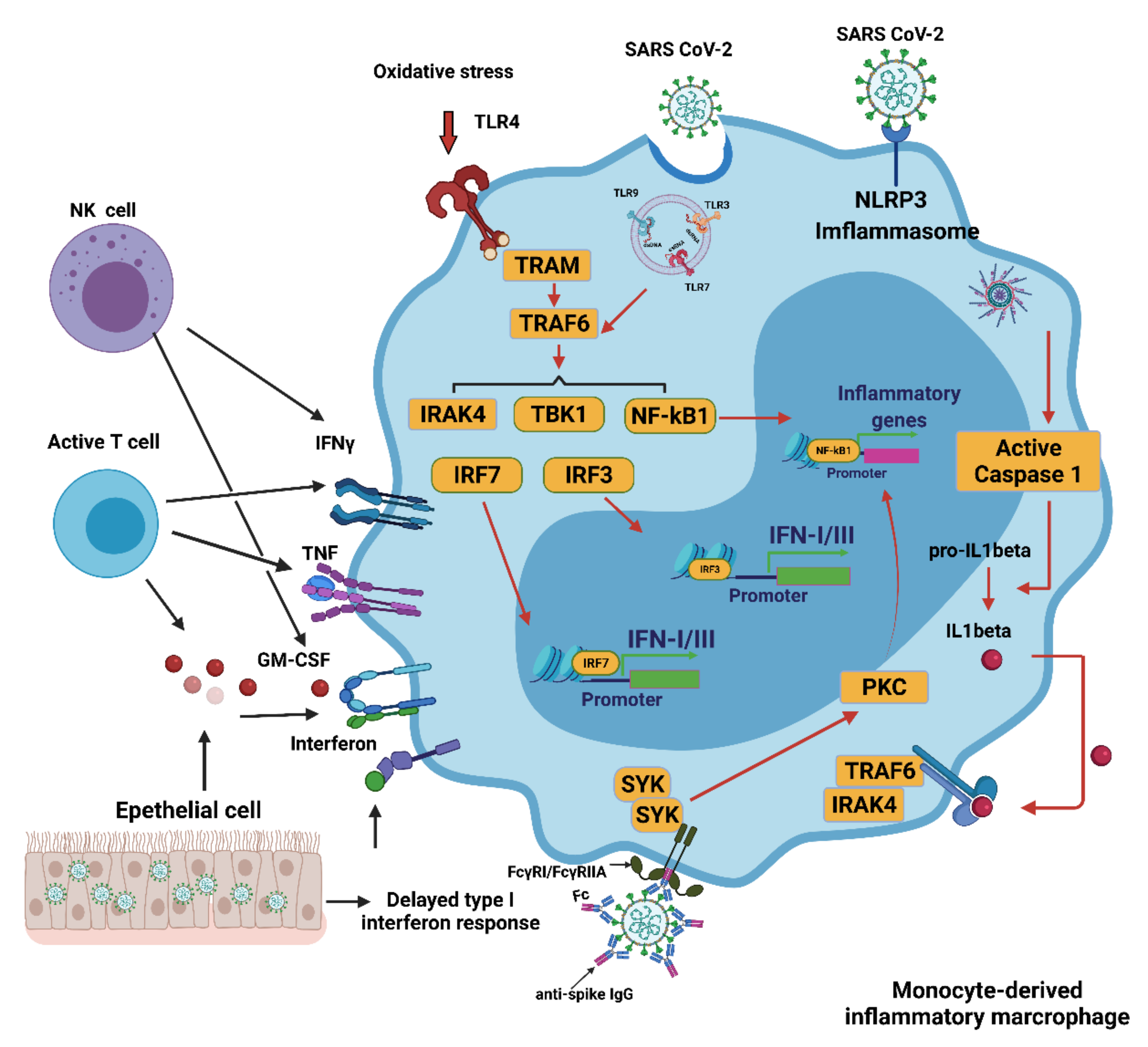Featured Scientist

Chien-Lin Lu
Chien-Lin Lu
School of Medicine, College of Medicine, Fu Jen Catholic University,
New Taipei 242, Taiwan
Article published in
"Antioxidants" 10, 9,1440
Resveratrol as an Adjunctive Therapy for Excessive Oxidative Stress in Aging COVID-19 Patients
The coronavirus disease 2019 (COVID-19) pandemic continues to burden healthcare systems worldwide. COVID-19 symptoms are highly heterogeneous, and the patient may be asymptomatic or may present with mild to severe or fatal symptoms. Factors, such as age, sex, and comorbidities, are key determinants of illness severity and progression. Aging is accompanied by multiple deficiencies in interferon production by dendritic cells or macrophages in response to viral infections, resulting in dysregulation of inflammatory immune responses and excess oxidative stress. Age-related dysregulation of immune function may cause a more obvious pathophysiological response to SARS-CoV-2 infection in elderly patients and may accelerate the risk of biological aging, even after recovery. For more favorable treatment outcomes, inhibiting viral replication and dampening inflammatory and oxidative responses before induction of an overt cytokine storm is crucial. Resveratrol is a potent antioxidant with antiviral activity. Herein, we describe the reasons for impaired interferon production, owing to aging, and the impact of aging on innate and adaptive immune responses to infection, which leads to inflammation distress and immunosuppression, thereby causing fulminant disease. Additionally, the molecular mechanism by which resveratrol could reverse a state of excessive basal inflammatory and oxidative stress and low antiviral immunity is discussed. View Full-Text

Keywords: adaptive immunity; aging; antioxidants; inflammation; innate immunity; oxidative stress; resveratrol; SARS-CoV-2
41 views